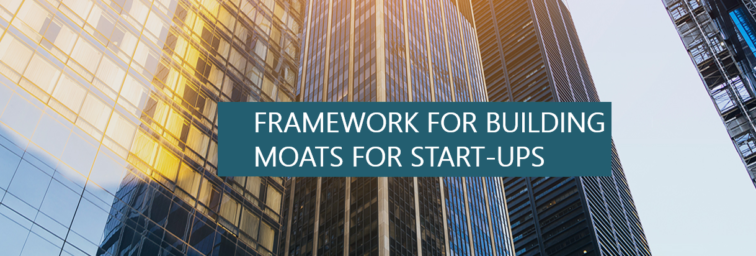In the knowledge age where software, digitalization and digital technologies are making an impact on businesses, softer aspects are becoming even more important in building a predictable, sustainable, profitable and de-risked (PSPD) scalable business.
According to me here are some of the key characteristics of an organization that can help in building a PSPD business that can survive both in good times and crisis situations.
- Founders Mindset
- Values and Culture
- Product/ Service Offering
- Execution and Capability Building
- Risk and Financial Discipline
These are topics on which a book can be written, but I have attempted to share a draft framework to share perspectives on each of the above. These perspectives are not exhaustive and therefore the founders and investors may add/amend the construct based on their understanding.
Founders Mindset
- Aspiration, Purpose and Values
Define the aspiration for the business, this should preferably be greater than resources. Build conviction and belief around the dream, be purpose and values driven.
- Founders Traits
Clarity of thought (helps in decision making and driving organizations to stay focused and disciplined around goals), cheer leader (inspire and energize even during crisis), prioritization & resource allocation, being humble but firm, adopt to changing scenarios, perseverance, hardworking, leverage networks and be able to build relationship with key ecosystem partners and lead by example. He/ She must enjoy and seen to be enjoying the journey of his/her creation. If there is more than one founder, then complete alignment amongst founders is important. Ideally, there needs to be an engaged advisor who should be the sounding board.
Values and Culture
- Values: Passion, trust, respect, empathy, humility in every interaction, integrity, excellence in everything, hunger to scale exponentially, process driven (independent of people) cooperation and community building and responsible corporate citizen.
- Culture: Reward performance, execution and outcome driven, always think like a day one company (agile and frugal), speed to scale basis time value of money, everyone to take ownership of their decisions, people and customer centric, encourage innovation and risk taking, ensure diversity of gender, experience and youth.
This is an illustrative list, what is important is that this must connect ‘Dil-se’ (from the heart) to the founder and must be internalized over time to ensure everyone is on the same page.
Product/ Service Offering
- Deep domain understanding and experience of the founder and founding team to achieve success. It is essential to assess the opportunity size, map competition, build a distinctive value proposition,define the customer and their needs and have the ability to expand and diversify revenue streams basis evolving needs of the customer. Customer experience and customer stickiness should be at the core of product philosophy.
Execution and Capability Building
- Based on the aspiration, the company should build capabilities, which could be in-house (core capabilities) or outsourced. The organization chart must clearly define the roles and KPIs of each of the members. The management team should be clones of each other. It will be important to assess if the company has consistently achieved the qualitative and quantitative metrics and to identify if there a process to review the performance daily, weekly and monthly targets.
- In my view, since quite a few initiatives are executed by cross functional teams, the incentives of the teams need to be aligned with the outcomes of the projects. The goals must be drilled down in the organization to get the desired behaviour and outcomes from the teams. In this world, where change is the only constant, it is expected that there could be both over and under achievement of the goals. In my opinion, as long as there is a reasonable explanation of the variation and the learnings are imbibed in the processes it should be fine.
Risk and Financial Discipline
- Many start-ups run by first time founders, have a focus on scale and products but somehow, they seem to overlook the importance of cash availability in the hope that funds will be available when required. They tend to compromise on the unit economics/path to profitability. There needs to be a balance within scale and cash flows, and founders may think of creating a safety pot for the rainy days. While there is a need to be an optimist but reality check at all stages is extremely important.
- Start-ups could explore asset light and lower fixed cost models, diversify the cash flows through monetization of intangibles and creating multiple revenue streams, optimize working capital and ensure profitability and ROI continue to trend up. Ensure the capital structure is aligned to the risks in the organization.
- One of the founders must proactively engage with the investors on a regular basis and work towards extending the runway.
- The founders should think through the risks and the severity of risks and ensure mitigation measures are in place to minimize the losses and disruption.
These are my personal thoughts based on my interactions and investments in start-ups and hope both investors and founders find it useful.
May 2021


